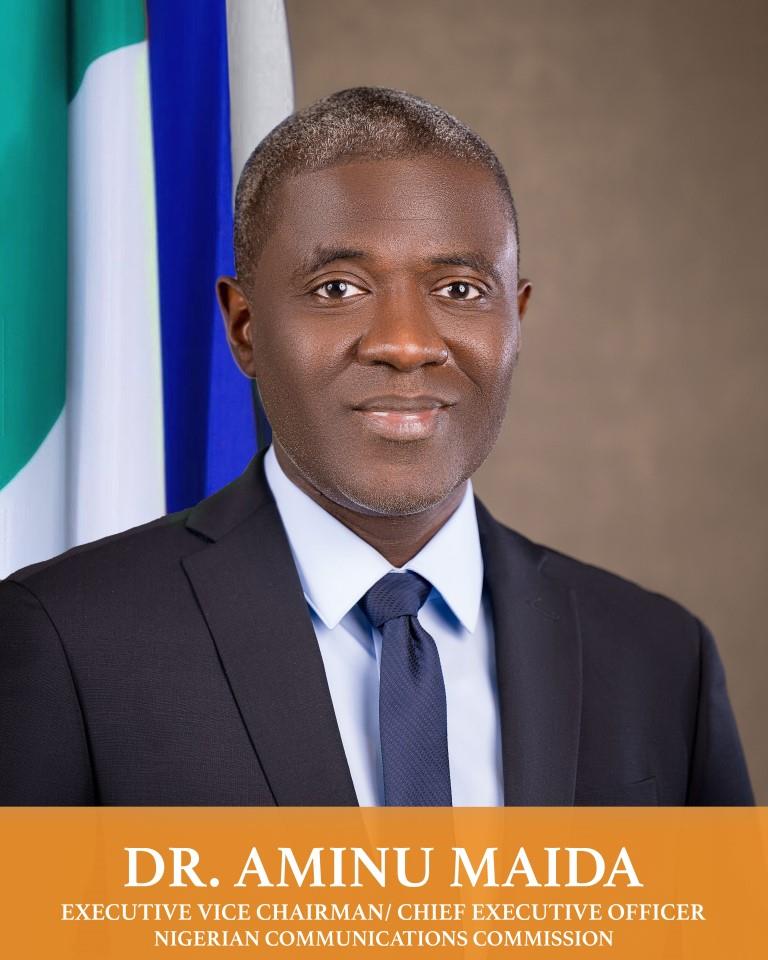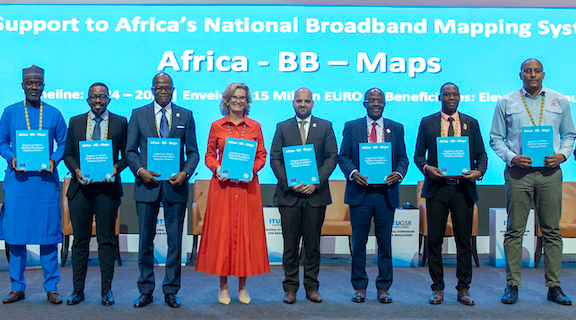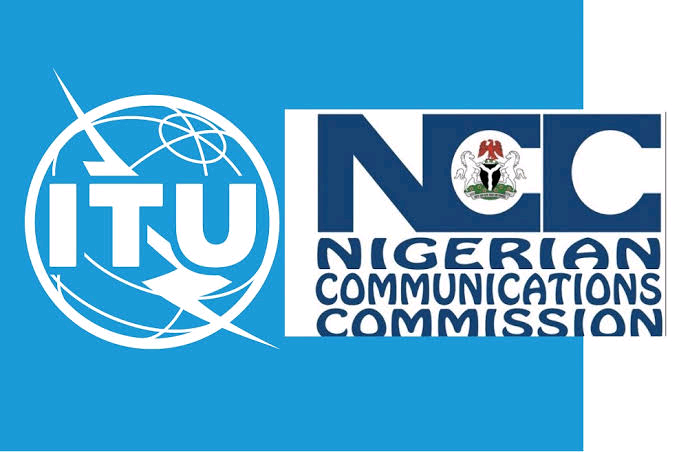ITU Applauds NCC’s Groundbreaking Africa-BB-Maps Initiative, Elevates Nigeria to Leadership Spotlight

Nigeria has taken the lead in a bold continental leap toward digital inclusion, becoming the first African country to launch the Africa-BB-Maps initiative—an ambitious broadband infrastructure mapping project led by the International Telecommunication Union (ITU).
The milestone event, spearheaded by the Nigerian Communications Commission (NCC), took place on Monday at the Transcorp Hilton Hotel, Abuja, marking the official kick-off of Nigeria’s participation in the 11-nation programme.
Designed to map and improve broadband infrastructure across Africa, the Africa-BB-Maps initiative aims to bridge the digital divide by enabling smarter data-driven planning, targeted investments, and harmonized regulations across borders.
Day 1 of the national launch drew a cross-section of key stakeholders—government agencies, telecom operators, technology innovators, and international development partners. Discussions centred on building a unified framework for broadband data collection, infrastructure mapping, and collaborative policy formulation.
By stepping forward as the first mover, Nigeria is not just setting the pace for other African nations—it is positioning itself as a digital infrastructure leader on the continent.
On the basis of this however, at the national flag-off in Abuja, the Executive Vice Chairman of the Nigerian Communications Commission (NCC), Dr. Aminu Maida, hailed the initiative as a vital catalyst for meeting the country’s National Broadband Plan targets.

“We are honoured to lead this initiative in Africa,” Dr. Maida declared. “Accurate and coordinated broadband mapping is essential to delivering digital services to every Nigerian, regardless of location.”
READ ALSO: Strong Comeback: Foreign investors sell off N576bn Nigerian stocks in six months
The Africa-BB-Maps project aims to identify unserved and underserved communities, enable smarter infrastructure investments, and empower policy makers with data-driven insights. By focusing on these gaps, the initiative will pave the way for a more inclusive and connected Nigeria.
ITU Applauds Nigeria
The ITU applauded Nigeria’s pioneering efforts, calling its commitment a beacon for other African nations striving for digital inclusion. The ultimate goal: to foster evidence-based broadband planning, attract investment, and drive connectivity—especially to remote and rural areas long left behind.

As workshops roll out during the week, stakeholders will collaborate to develop a national roadmap for broadband deployment, anchored on global best practices and local realities.
With this move, Nigeria reaffirms its leadership in Africa’s digital future—boldly aligning with the global push to make universal broadband access a reality.
About The ITU
The International Telecommunication Union (ITU) is a specialized agency of the United Nations responsible for many matters related to information and communication technologies.
It was established on 17 May 1865 as the International Telegraph Union, the first formal and permanent international organization.
The organization significantly predates the UN, making it the oldest UN agency. Doreen Bogdan-Martin is the Secretary-General of ITU, the first woman to serve as its head.
The ITU was initially aimed at helping connect telegraphic networks between countries, with its mandate consistently broadening with the advent of new communications technologies; it adopted its current name in 1932 to reflect its expanded responsibilities over radio and the telephone.
On 15 November 1947, the ITU entered into an agreement with the newly created United Nations to become a specialized agency within the UN system, which formally entered into force on 1 January 1949.
The ITU promotes the shared global use of the radio spectrum, facilitates international cooperation in assigning satellite orbits, assists in developing and coordinating worldwide technical standards, and works to improve telecommunication infrastructure in the developing world.
It is also active in the areas of broadband Internet, optical communications (including optical fiber technologies), wireless technologies, aeronautical and maritime navigation, radio astronomy, satellite-based meteorology, TV broadcasting, amateur radio, and next-generation networks.
Based in Geneva, Switzerland, the ITU’s global membership includes 194 countries and around 900 businesses, academic institutions, and international and regional organizations.






